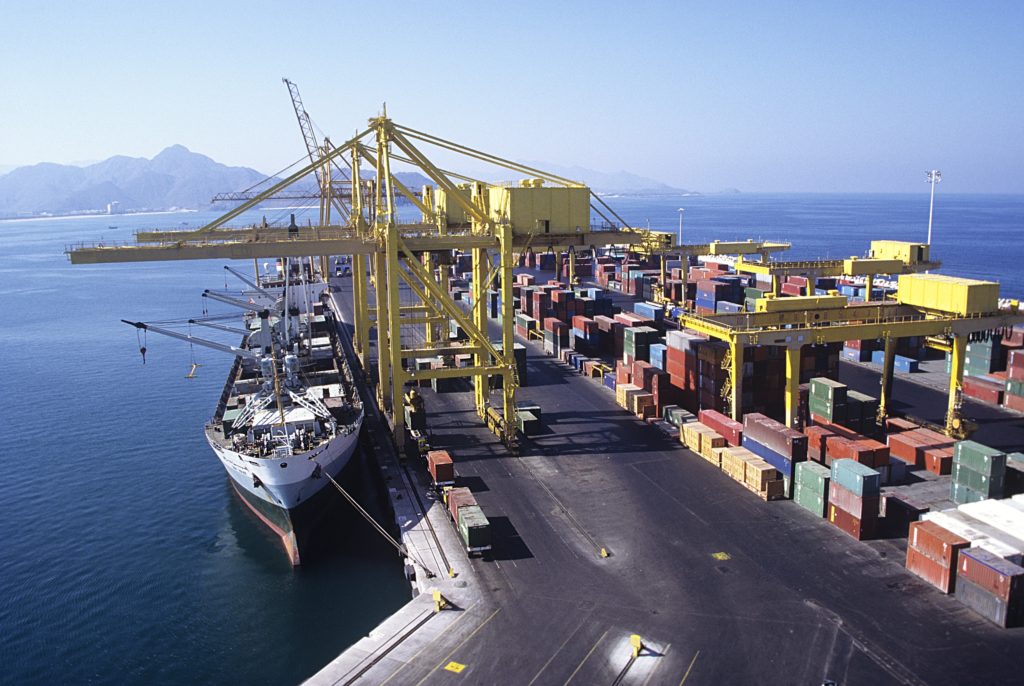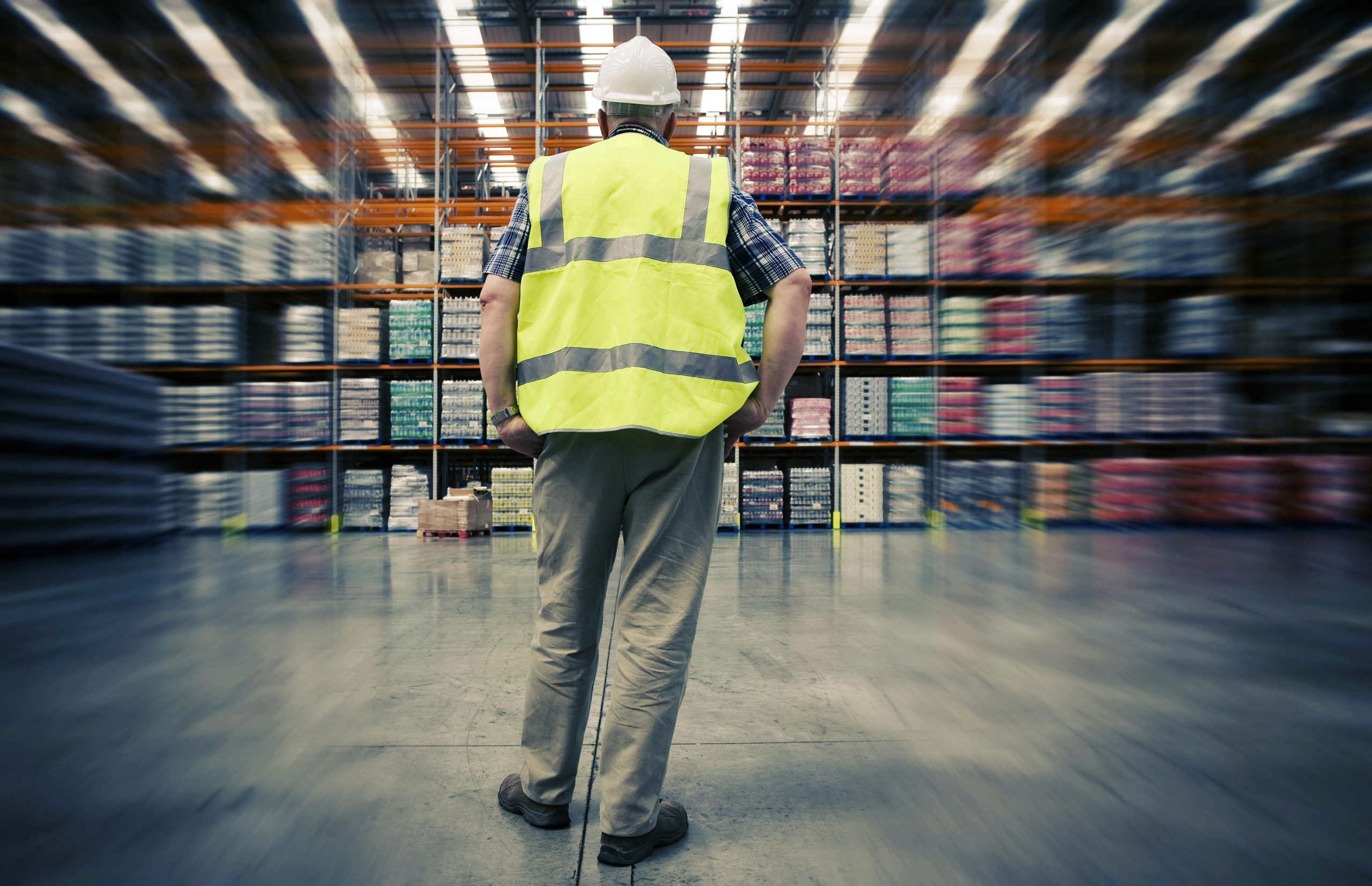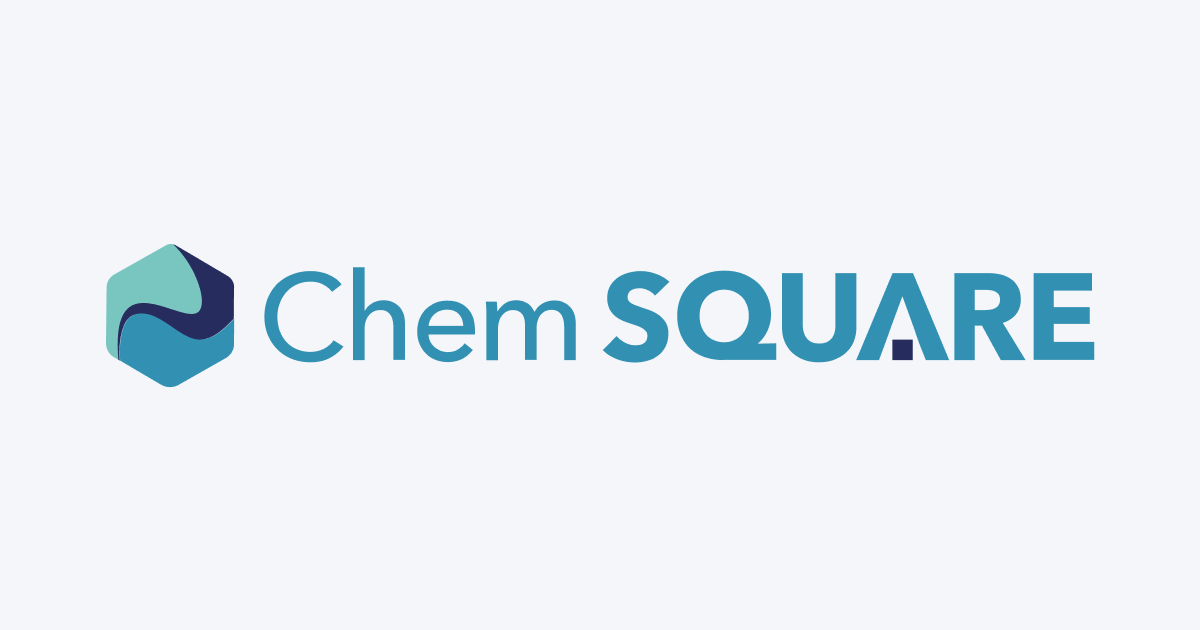As in every industry, distribution plays an important role in the chemical industry. But what does a distributor do?
Distribution companies in the chemical industry can be compared to a buffer solution inchemistry. For example, if a producer has to declare a force majeure and goods are short in the market, distributors are the best place to go to get some chemicals. Even if the desired chemical is not available, the distributors are mostly able to offer an alternative product.
Well known and globally active distribution companies in the chemical industry are for example Brenntag, IMCD, or Univar. However, there are some local chemical distributors in each country. In many cases, the latter can even compete with the larger corporations. Due to their flexibility, some are even faster with their delivery. This makes smaller companies a valuable alternative.
Distribution companies
Sales offices for manufacturers
The market for chemical distribution companies is still geared to growth. Manufacturing companies benefit from the competencies of distribution companies and assign them an important role in their marketing and sales strategies. Most often, the manufacturer can’t deliver all customers by themselves and sell their chemicals only to the larger ones, whereas the distribution companies take care of medium-sized companies.
However, the distribution of chemicals is not just a reaction to customer inquiries. The market evolves into a process in which distributors have to understand customers’ problems in order to offer a suitable solution. The anticipation of customer wishes and needs – what does the customer need even if it is not explicitly said – is becoming increasingly important.
In recent years, chemical distribution has been shaped by a number of market trends that are still relevant. As already indicated above, the importance of strategic partnerships between producers and their “core distributors” is indispensable and increasing. We can conclude that distributors can be seen as the additional sales offices for manufacturers. This enables customers to get a higher level of service and a distinct product range. On the other side, manufacturers are able to serve even more customers than on their own. Although the sales via distribution companies are of course an indirect fashion.
A One-Stop-Shop
By using distribution companies, customers can benefit from the advantages of a “one-stop-shop” and realize cost advantages by purchasing many products from the same supplier in the same quality.
Today, modern distribution companies go even beyond the pure sell of goods and offer additional value through various services. Established services are for example the mixing and blending of formulations, packaging and labeling of prosucts, or automatic reordering.
Some companies even integrate along the value chain and offer the development of new formulations. With research and development (R&D) functions they even lower the costs for their customers. For example, Brenntag has its own Coatings, Cosmetics, and Food laboratory in France.
Another option to integrate along the value chain is the acquisition of a manufacturer. In this case, the former distribution company is already on the border to become a producer. Besides the advantages for customers, this can have a negative impact on the supplier side, if they are in direct competition on product level.
Industry 4.0
However, this diversity of products and services must also keep pace with the requirements of the industry 4.0. This incipient digitalization of the chemical value chains is bringing a conversion that entails a considerable need for transformation and investment for both, producers and distributors.
Distribution companies in the chemical industry can deliver a competitive advantage for their customers through the digitalization of their business model. For example, online platforms can provide information around the clock.
At the beginning of a digitalization process, the focus may be on the basics, like the harmonization of the system infrastructure across all group companies and plants. However, successful companies think ahead and consider the creation of online platforms, digital transaction support or new innovative business models. There are many possibilities to develop their own company but also steps to take. The differences in the content design of digitization processes are usually derived from the respective business strategy of the distributors.
Internet of things (IoT)
Moreover, the Internet of Things (IoT) is generating new benefits for the entire industry through automation and the constant availability of information. It is becoming increasingly important for the entire chemical industry to process, share and utilize this wealth of data. For example, production facilities can be remotely controlled and further automated by machines, learning to communicate with each other. For example, the truck that has just arrived can be unloaded automatically by autonomous robots, which take the goods to the destination for the next batch. This is made possible by communication between each other and the availability of data in real-time. This idea goes far beyond the information on the processing status.
- Your order will be processed
- Your goods will be prepared for shipment
- Your goods are on their way
- Your order is complete
This is a minimum that should be offered today.
We already know this process from our private experiences. We receive notifications on our mobile phone when the parcel arrives in the next hours. Moreover, we can determine another day or place for the delivery. This standard will continue in the chemical industry, although the parcels are slightly larger, the principle remains the same.
Online platforms are key for success
Information must be available everywhere and at all times. An intuitive online platform provides an ideal point of contact for the customers and distributors can better explore their customers’ needs through interaction on their platform. This trend is a ‘race’ for digital connections with customers. This data and the knowledge gained from it can, in turn, strengthen their own position in negotiations. Regular reports with manufacturers contribute to their optimization of the production process They can way better assess the market situation, which saves again costs on their end. The combination of these market trends and their interactions will lead to an accelerated change in the market structures of chemical distribution.
The customer and you
With personalized marketing, customers will be addressed more directly, which results in greater customer loyalty. However, simple email campaigns are not enough. Rather, customer-centric solutions must be presented directly to them. This can be done, for example, through after-sales services, which draw attention to the company’s own services. By pointing out their services, their customers are aware of the added value without any additional costs. This, in turn, can bind the customer to the company even more. The importance of value-added services in the chemical distribution has long been undisputed and is likely to increase further due to the market trends described with regard to competitiveness and value creation. The mere “resale” of standard products without value-added services or information will hardly be sufficient for distributors in the future.
Summary
Now, we saw that chemical distributors play an important part in this industry for all the companies in this sector. They not only deliver chemicals but also add value through their additional services. If you want to know more about companies in the chemical industry, you can check out the following list in our blog post.






Pingback: What does a chemical distributor do? - hiddenChempions